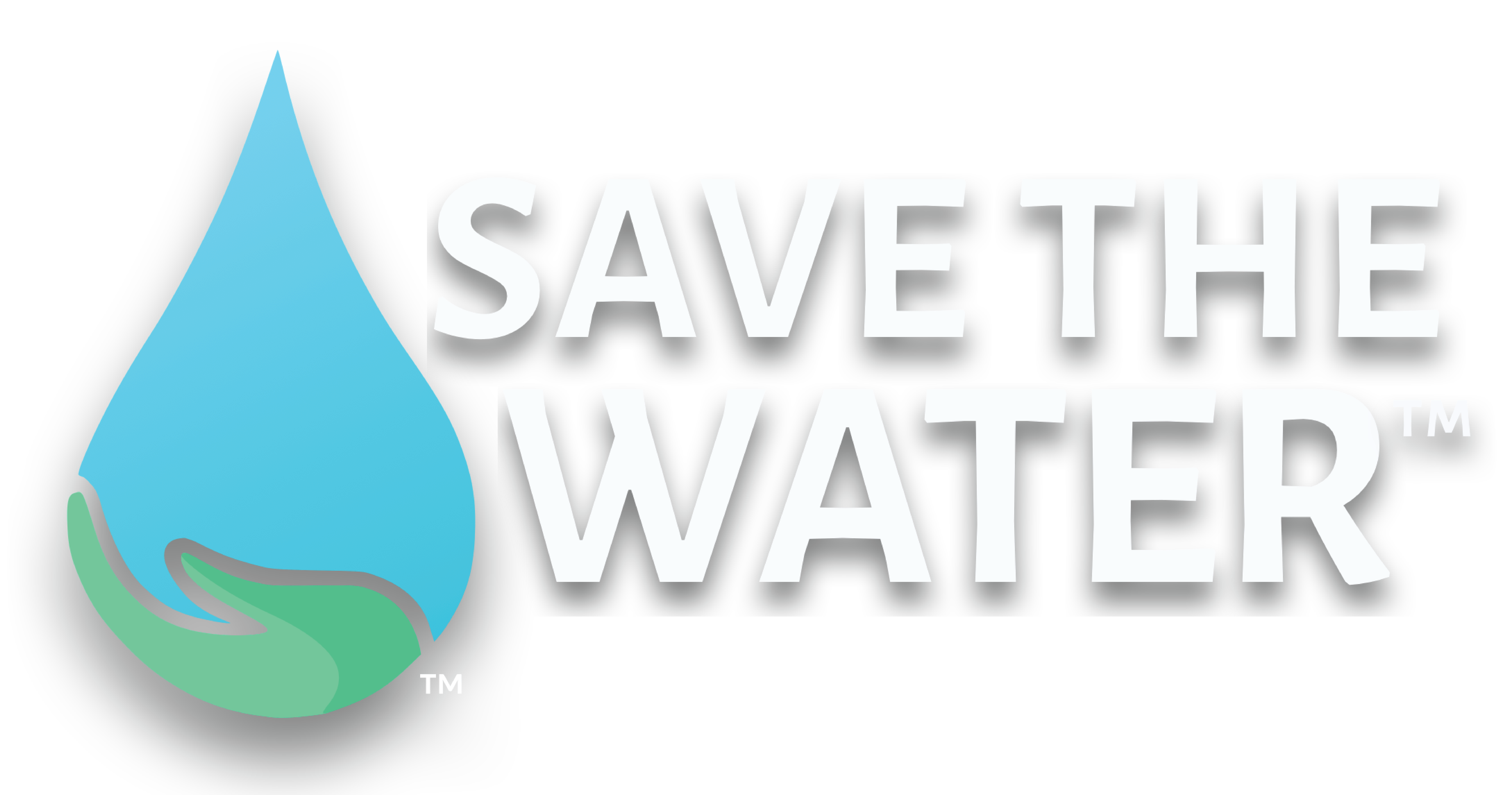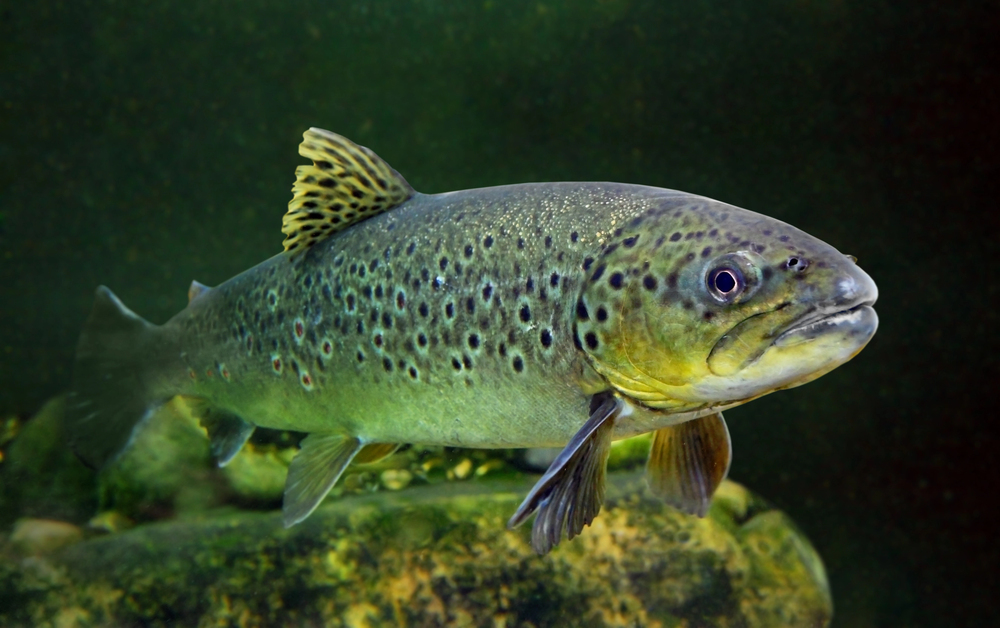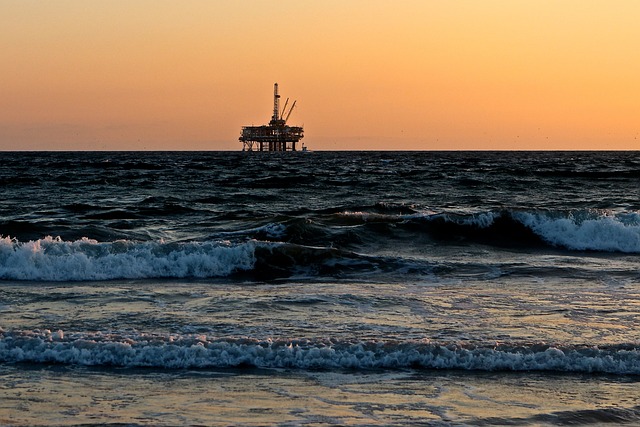By Caroline Majewski, Publishing Associate: Researcher and Writer at Save the Water™ | May 21, 2025
Edited by Joshua Awolaye, Publishing Associate, Editor at Save the Water™
In a new study, a team looked at the “intrinsic biological defence of brown trout against chemical pollution in a stream with a low-dilution factor” (Koubova et al., August 2025, para. 1). In short, they looked at the responses of the fish in polluted water due to a sewage treatment plant discharge.
Why Trout?
Because they live in various locations, brown trout are a good way to test how pollution would affect them. Trout’s habitats are streams, rivers, and lakes (fresh and brackish waters) around the globe, including:- Europe
- Northern Africa
- Western Asia
Pollution Concerns
Excess nutrients from sewage are one of the ways pollution happens. While this study took place in a tributary of the Blanice River (in the Czech Republic), many places are experiencing similar concerns. Moreover, the environment was at an increased risk of pollution because of the continual release. In addition to the trout having a widespread habitat, they are also widely known to bioaccumulate contaminants.What the Trout Can Tell Us: Results
When tested, the waters downstream were found to have higher micropollutants, androgenicity, and estrogenicity. Additionally, an increased endocrine disruption in males was also seen. The study results show the impacts of micropollutant mixtures. This contamination contains different micropollutants:- Bacteria
- Viruses
- Harmful chemicals
- Excess nutrients




